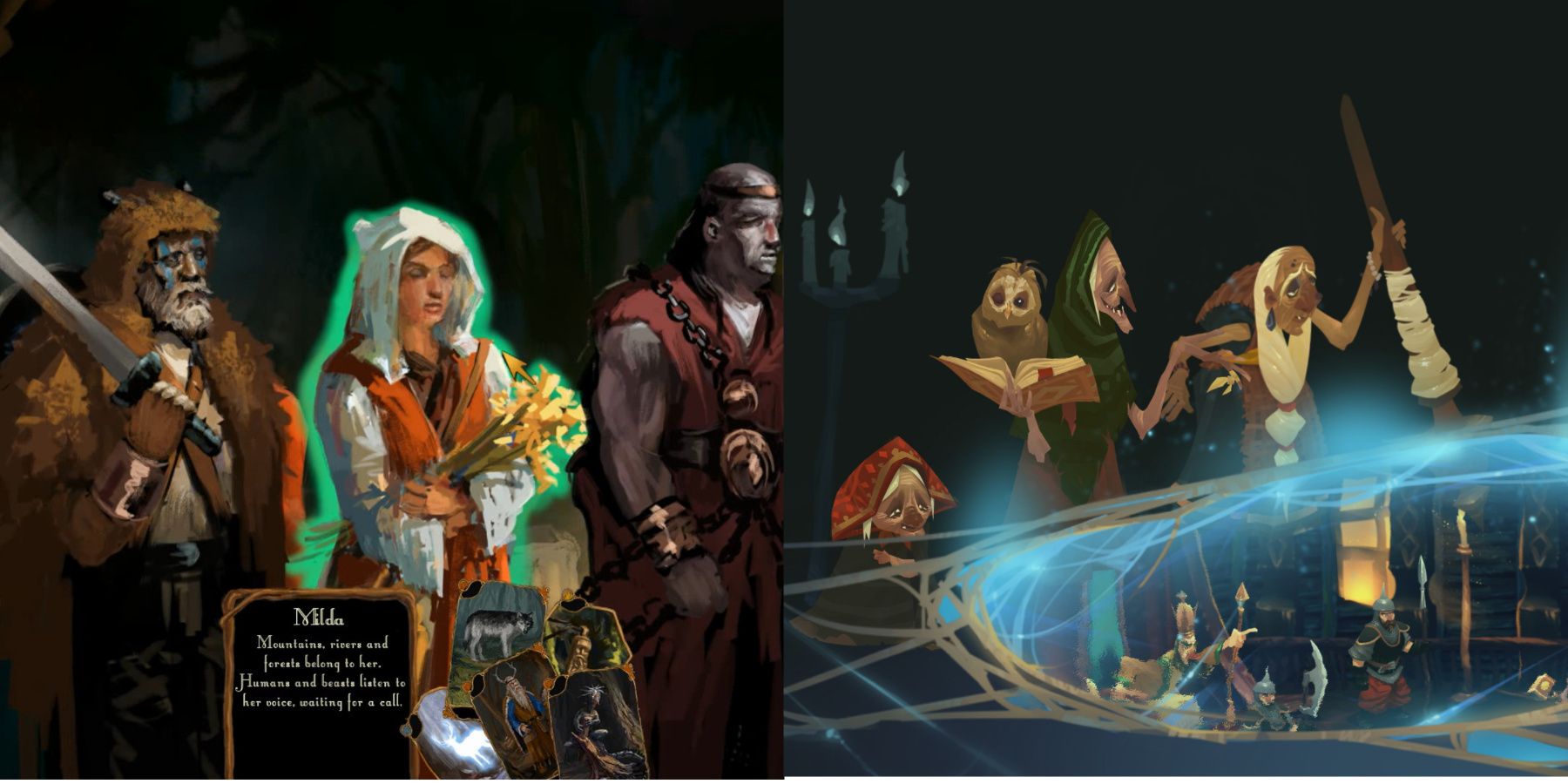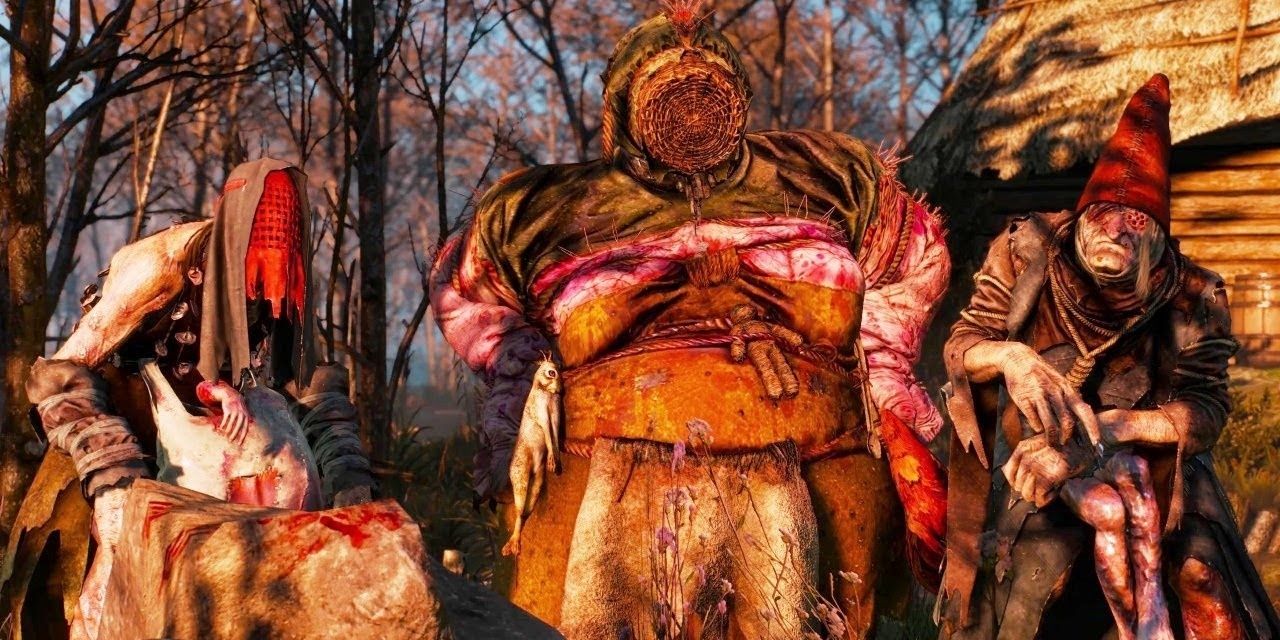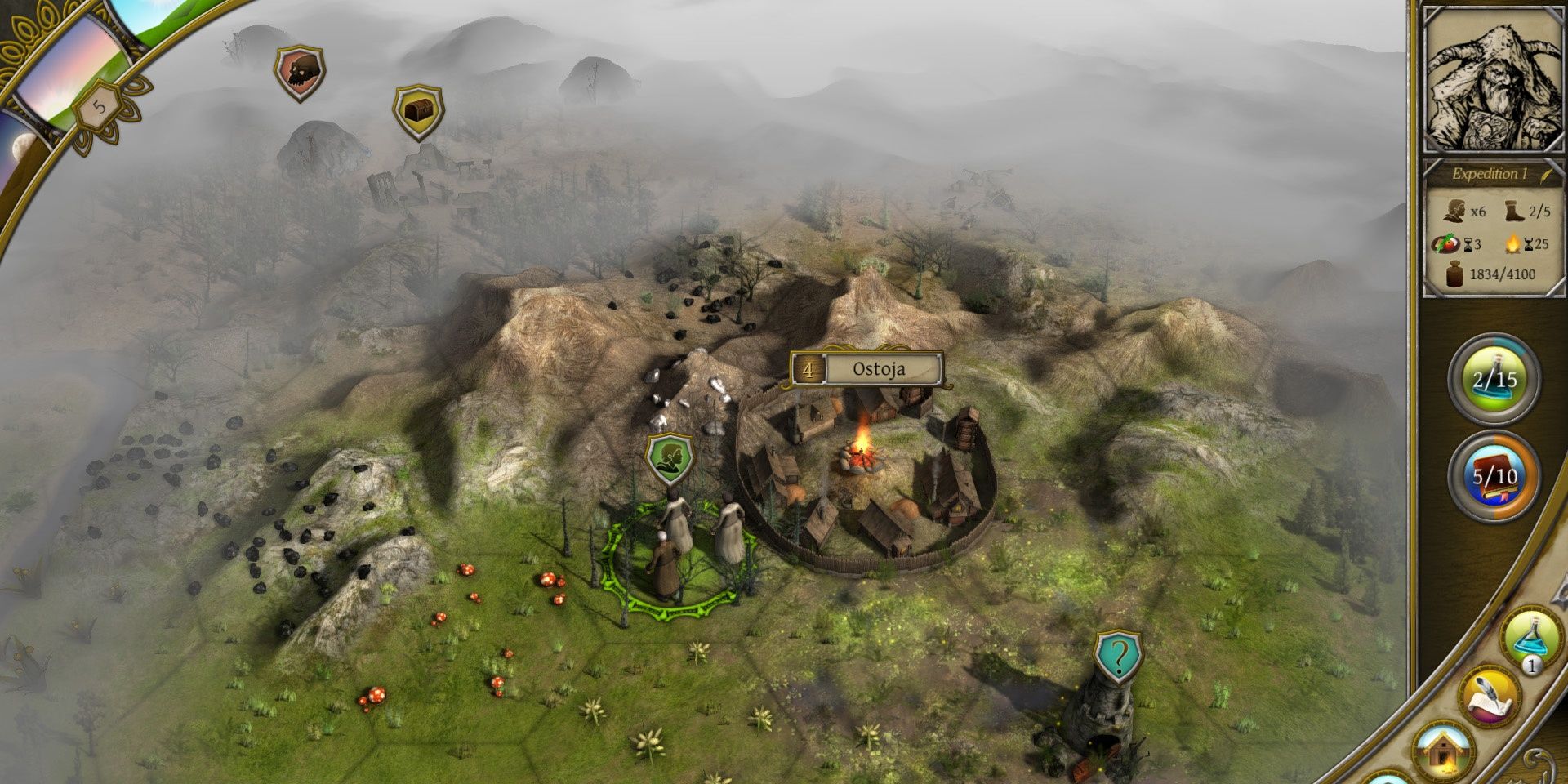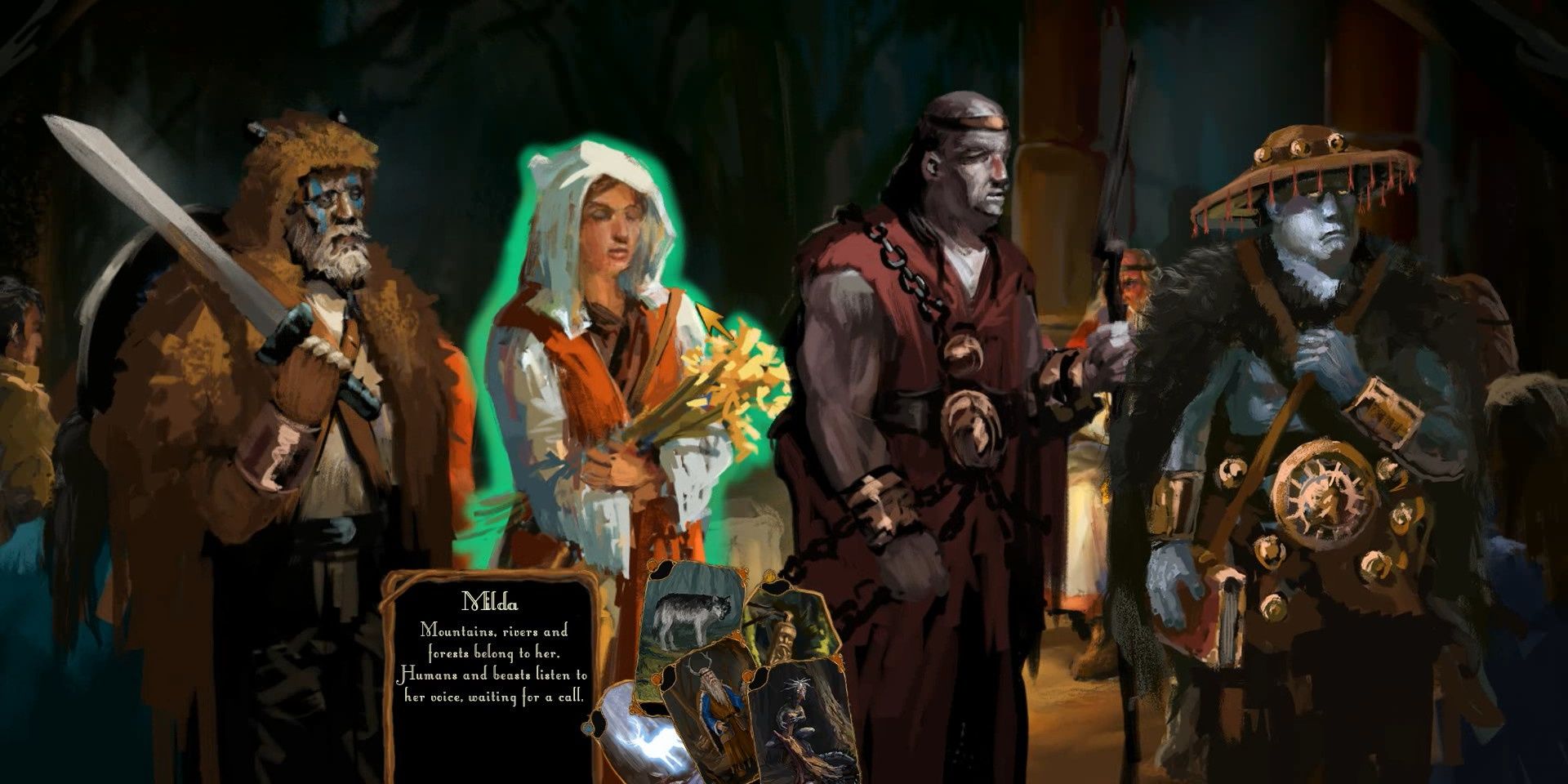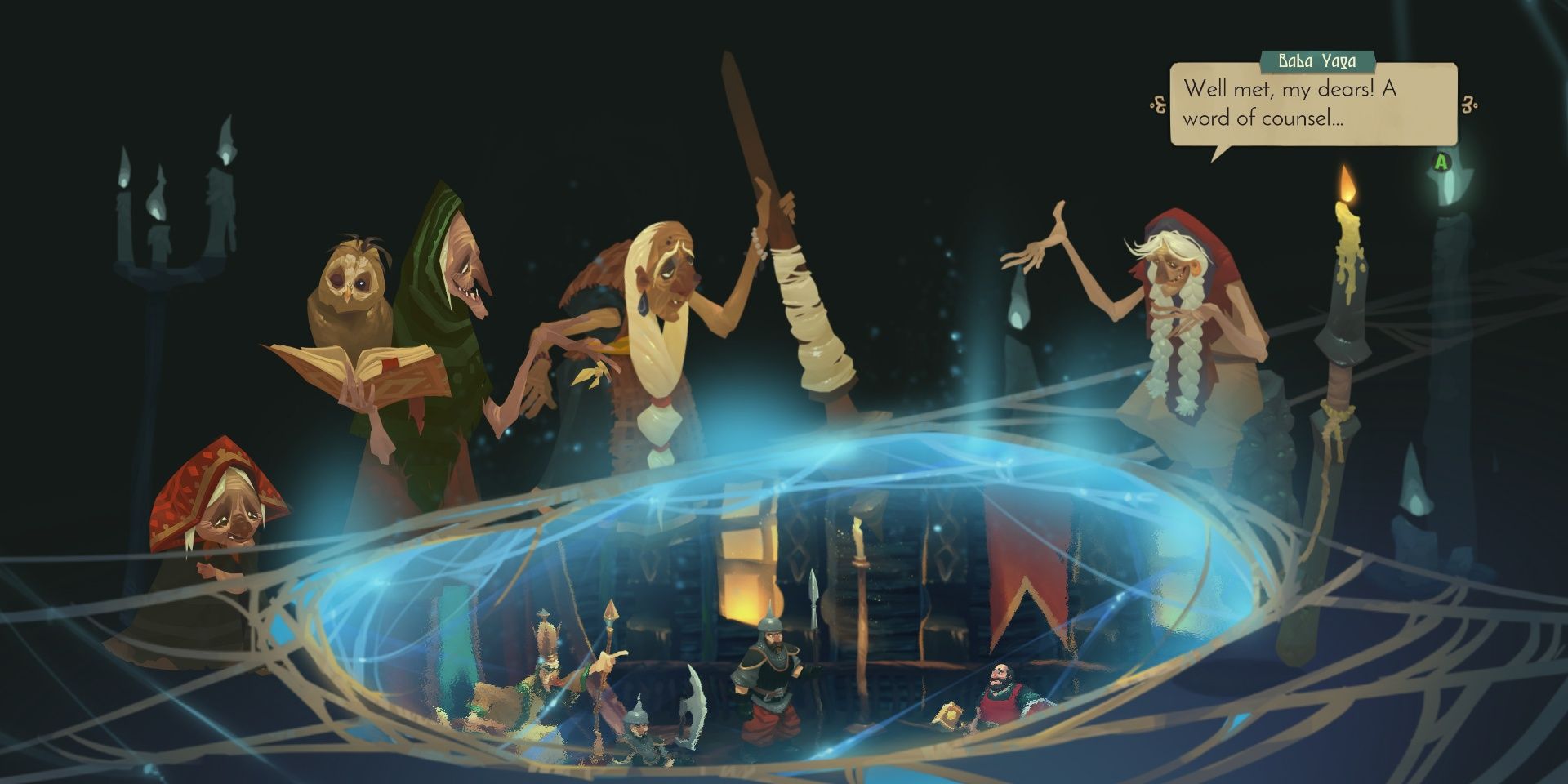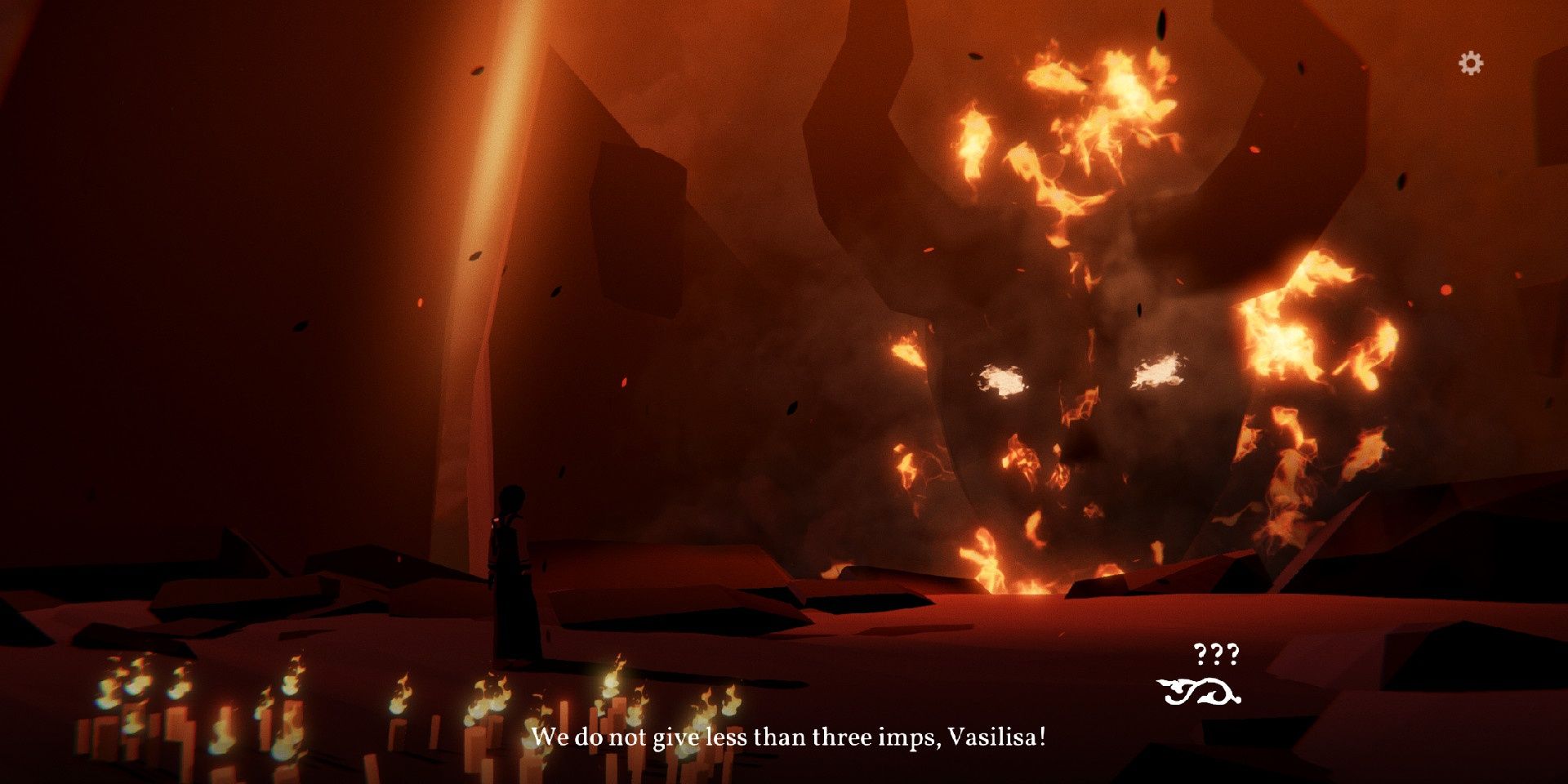Highlights
- Slavic mythology is underrepresented in popular games compared to Greek or Norse mythology, but when a game does incorporate it, it leaves a strong impression.
- The Witcher 3: Wild Hunt includes creatures and beings from Slavic mythology, adding to its appeal and exoticism for English-speaking players.
- Games like Thea: The Awakening, Worshippers, Yaga, and Black Book offer opportunities to explore the rich world of Slavic mythology, with engaging gameplay and immersive atmospheres.
The most popular and visible games often come from American and British game developers who have more means to promote their work. As such, it's still relatively rare to see games drawing inspiration from Slavic mythology, as opposed to the better-known Greek or Norse.
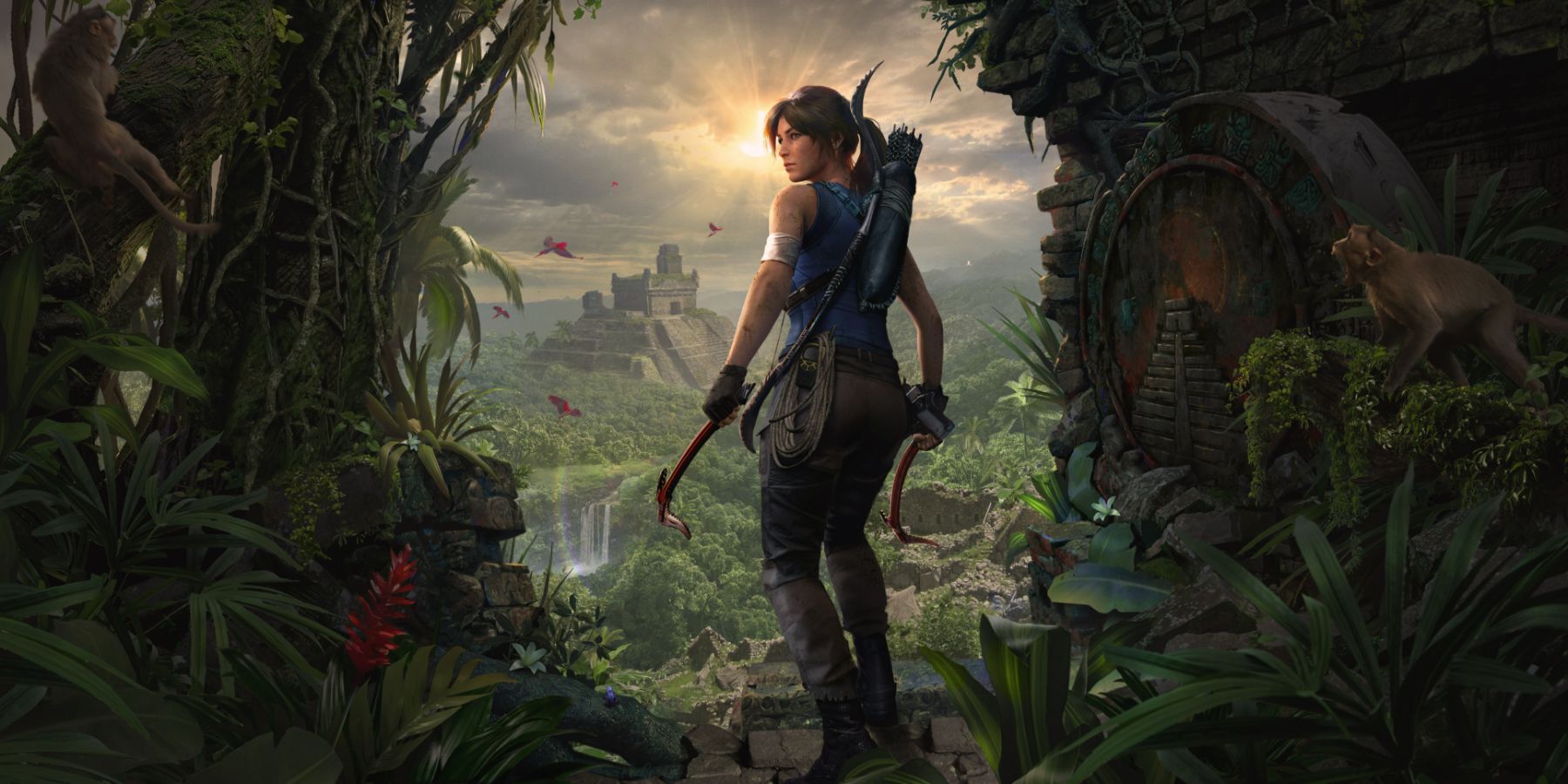
7 Best Games Based On Aztec Mythology
These titles are well-known for either taking inspiration from or fully basing their lore on Aztec mythology.
Fans of Slavic mythology and gaming don't have that many options to choose from, let alone well-rated ones, and usually have to make do with scraps that can be found in various games. The good news is that when an excellent game does contain elements of Slavic mythology, it has the power to leave a strong impression.
5 The Witcher 3: Wild Hunt
The Witcher 3: Wild Hunt
- Platform(s)
- PS4 , PS5 , Xbox One , Xbox Series X , Xbox Series S , Switch , PC
- Released
- May 19, 2015
- Developer(s)
- CD Projekt Red
The Witcher book series is inspired by Slavic mythology and folklore. While the third game doesn't dive deeply into specifics, it still contains creatures and beings that are a part of Slavic mythology. The leshy, a deity that rules over the forest, is just one example. There are also the Crones who share similarities to Baba Yaga, who was known to eat children just like they do.
If Geralt sides with the Crones instead of helping the spirit underneath the tree, the Crones will eat the children living in Crookback Bog. In another quest, Geralt can either kill a stillborn child or turn it into a friendly guardian spirit, a botchling. The fact that The Witcher games work with Slavic creatures can easily be a part of its success as it feels exotic to English-speaking players. As a whole, the game offers complex characters, dozens of locations to explore, challenging combat, and multiple endings, depending on what choices the players make.
4 Thea: The Awakening
The 2015 strategic survival game Thea: The Awakening was inspired, among others, by The Witcher. After an apocalyptic event changed the world forever, creatures from Slavic mythology, such as striga and Baba Yaga, are now roaming it. The player has multiple options for what to do. They can stay in their village and work on making it stronger, or they can set out on a journey into the world and explore it, no matter the dangers that might await them.
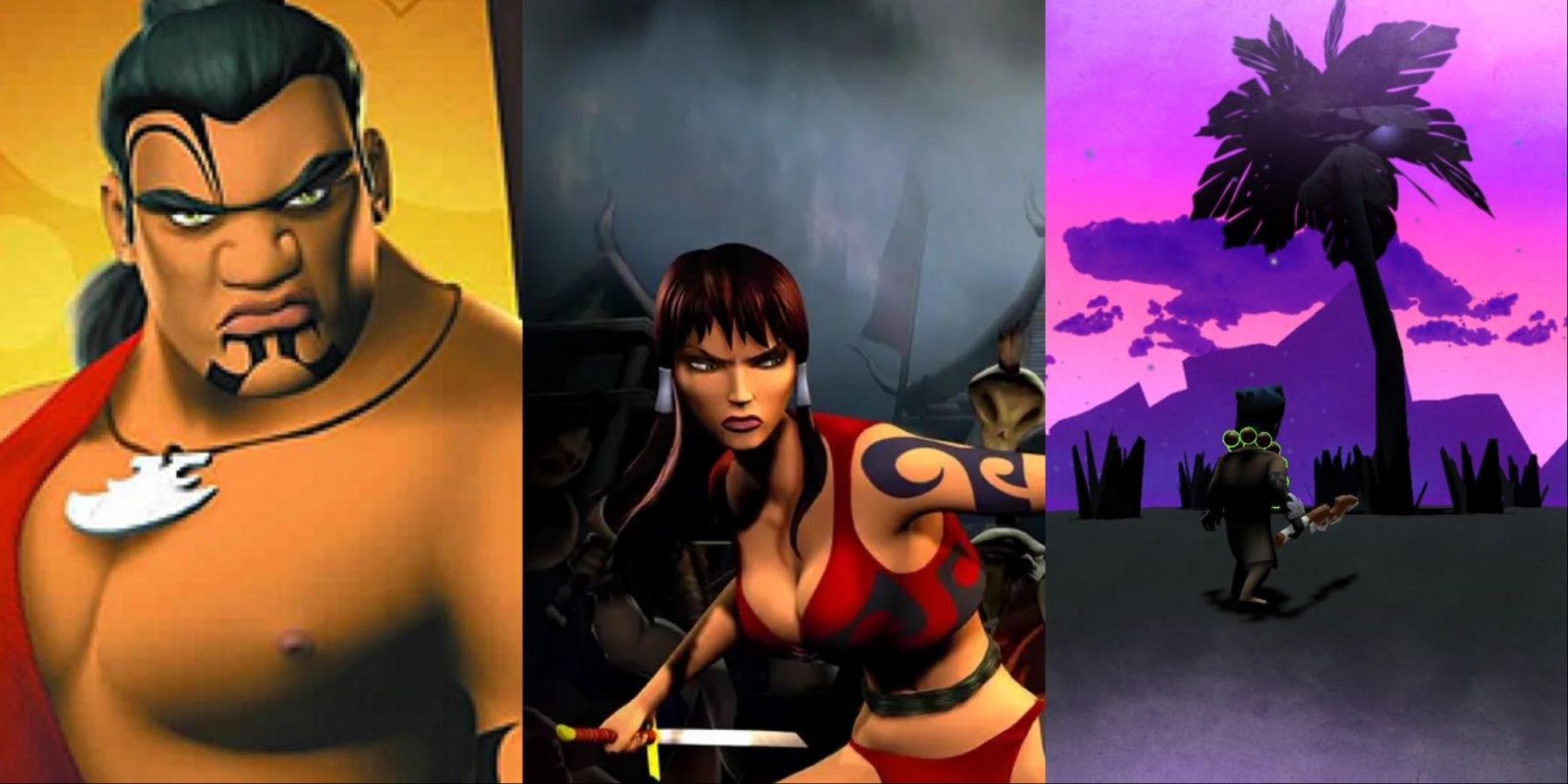
5 Best Video Games About Polynesian Mythology
Players who like to explore Polynesian culture and mythology may want to take a look at the following games.
Of course, pointing a sword at an enemy isn't always the only way to defeat them. Often enough, other strategies work as well. The game has both single-player and multiplayer, and it received a sequel, Thea 2: The Shattering, in 2019.
3 Worshippers
Playing as a human character is often fun enough. But playing as a god is on another level. The game Worshippers is set in a low fantasy world based on Slavic mythology. The players can choose from four different gods to play with, allowing them to explore their various traits and powers.
Worshippers is primarily a strategy game that builds a fast pace and keeps the players entertained as they try to help a small tribe survive in a hostile place. Plus, similar to Gwent in The Witcher 3, the players also collect cards in the game, and can even later use them to develop their own strategies.
2 Yaga
As one of the most infamous Slavic folklore characters, Baba Yaga pops up in various forms of media, even those that don't otherwise have anything to do with Slavic mythology. For example, Keanu Reeves' John Wick is nicknamed Baba Yaga. Yaga also makes a short appearance in Rise of the Tomb Raider, but this version has very little to do with the original Slavic incarnation. That's not the case with the game Yaga, which follows the myths much more closely.
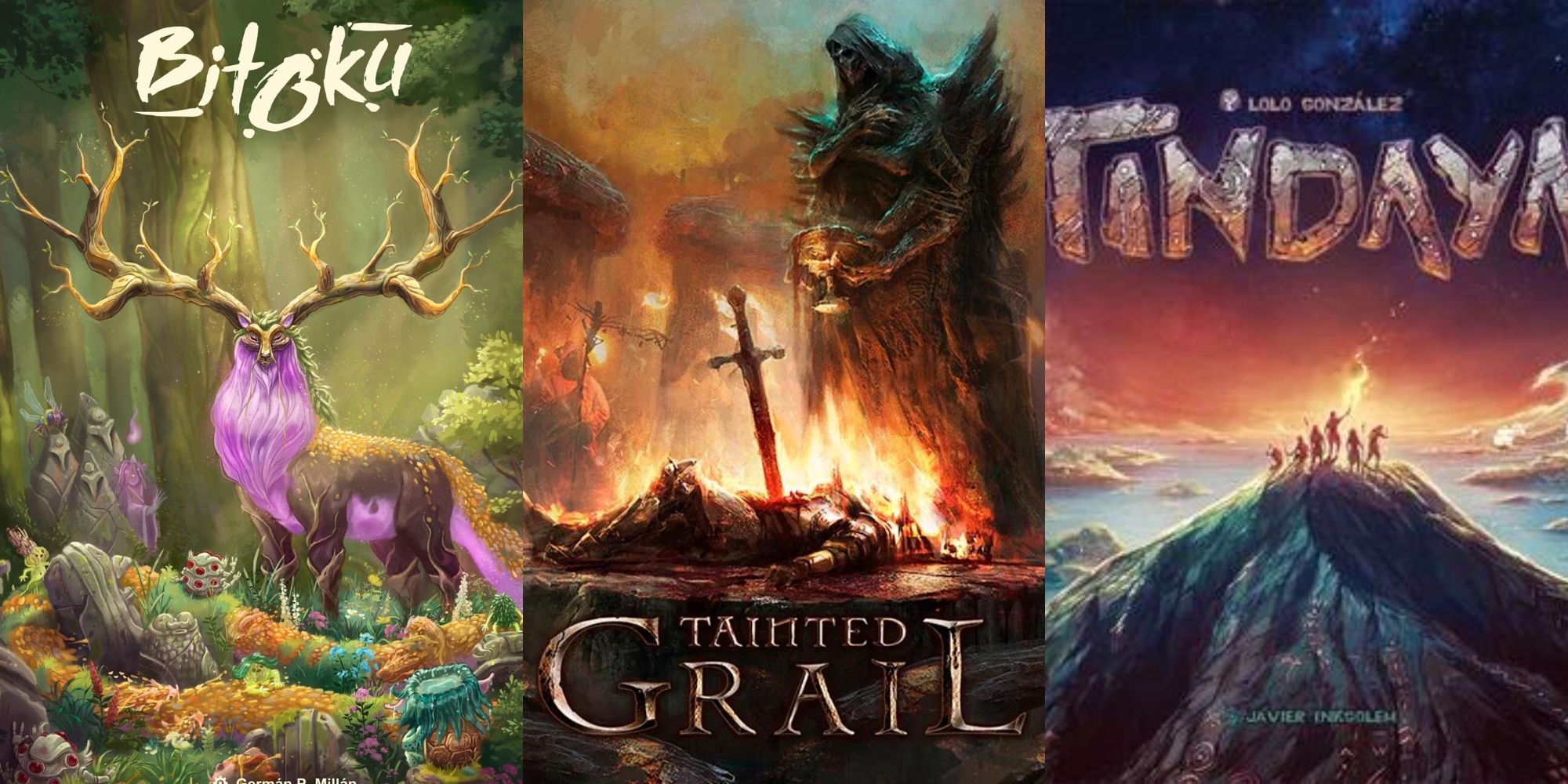
The 7 Best Board Games Inspired by Mythology
Thanks to these mythology-inspired board games, players can meet some of their favorite gods as well as get to know some fascinating folklore.
The game from Romanian developers centers on a one-handed blacksmith, Ivan, who is cursed with bad luck. He has to juggle multiple tasks, such as appeasing the Tsar who's giving him tasks that are difficult to fulfill, and a witch who attempts to use him for her purposes. Overall, the game dives deep into Slavic mythology and folklore and due to its fun story, fast pace, and varied tasks, will entertain all players interested in the topic. The graphics and the soundtrack don't disappoint either.
1 Black Book
A truly atmospheric game that will draw the players deeper into the world of Slavic mythology, Black Book tells the story of a young sorceress. Unlike other sorceresses, the heroine doesn't stand on the side of good (not necessarily) and she serves the forces of darkness instead. The story is set in a world where humans and mythological creatures live side by side, which doesn't always end well, especially for humans.
At the same time, it takes place in 19th century Russia which is just similar enough to what people know to make the game seem all the more realistic and disconcerting at times. The players who tried out the game appreciated not only its overall atmosphere but also the fact that it offers the right pronunciation of Slavic names, which helps to become even more immersed in the dark, yet ultimately fascinating world.

